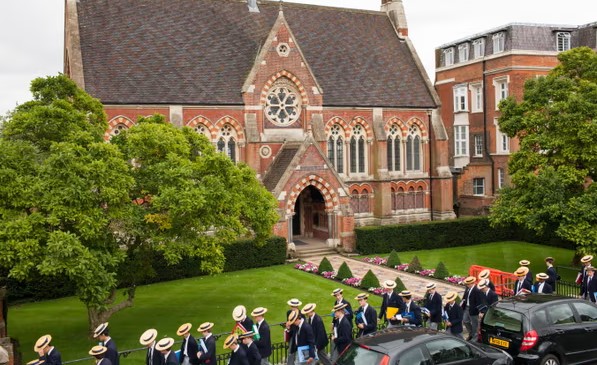Could a small-scale political project, close to the heart of successive Conservative prime ministers, really have been put ahead of such a fundamental aim as keeping children safe at school?
This troubling question was provoked by an interview on Radio 4’s Today programme last week, in which Jonathan Slater, the Department for Education’s permanent secretary from 2016 to 2020, warned that ministers had prioritised opening more free schools – one of the Conservatives’ high-profile policies from 2010 – ahead of rebuilding work for the rest of England’s 21,600-school estate.
Free schools, in which local people, teachers and academy trusts were given the chance to open state-funded schools if they could convince the government there was local demand, were initially an element of David Cameron’s “big society” idea.
The interview, of course, was prompted by the crisis over school buildings, with almost 150 schools in England kept closed or partially closed at the start of term because of DfE concerns about the use of ageing reinforced autoclaved aerated concrete (Raac) in their construction.
Slater said: “The top political priority in respect of school buildings when I was the permanent secretary was in opening new free schools … For me, as an official, it seemed that it should have been second to safety. But politics is about choices, and that was the choice they made.”
Slater was not going out on a limb. In his 2017 book, Coalition Diaries, the Liberal Democrat former schools minister David Laws criticised the prioritisation of the policy by Michael Gove, education secretary from 2010 to 2014. Laws wrote: “I began to be very concerned that spending on a few hundred new free schools of yet unproven quality … was becoming grossly disproportionate when compared to spending on other crucial areas of the capital budget.”


